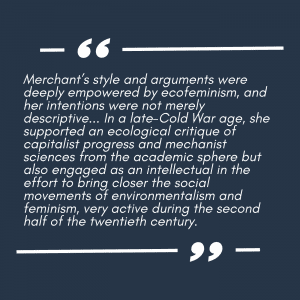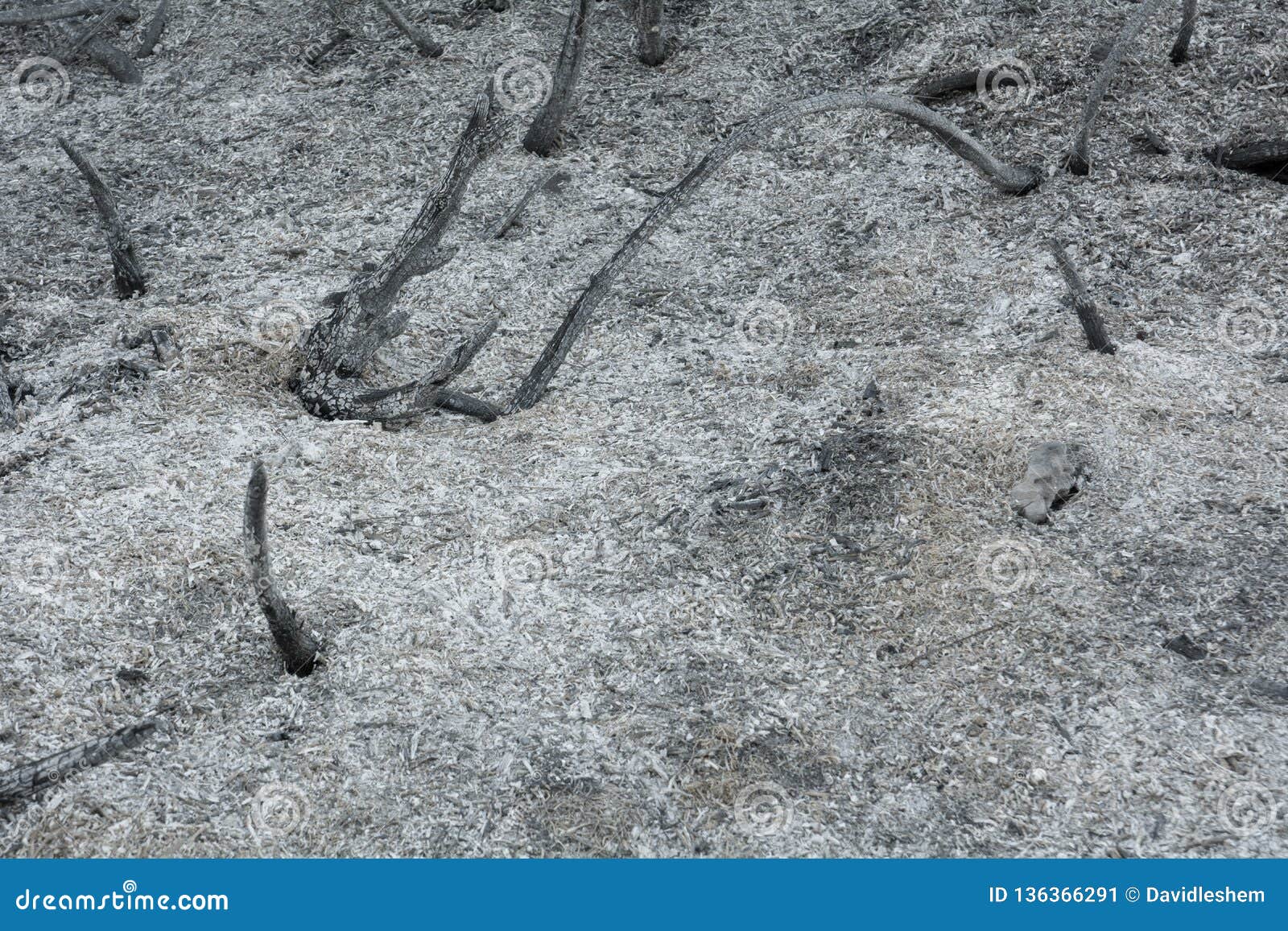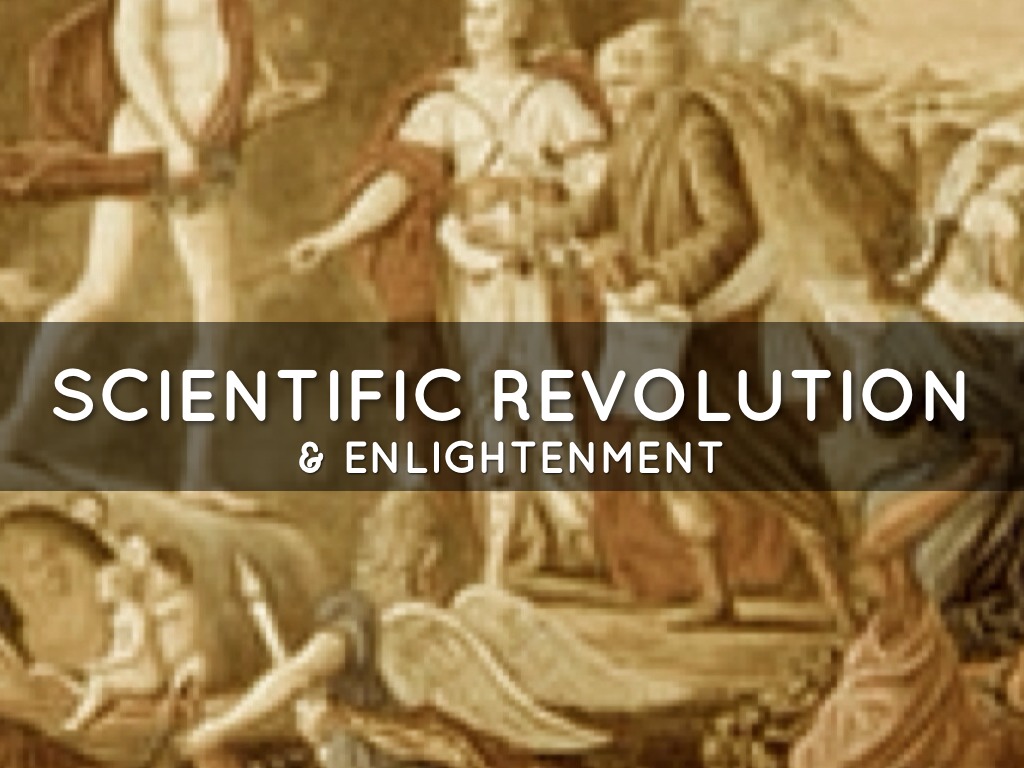


Ethical implications led philosophers, such as Pliny and Seneca, to argue that, “while mining gold led to avarice, extracting iron was the source of human cruelty in the form of war, murder, and robbery” (31). As the earth was conceived of as a living organism and a maternal figure, certain actions, such as mining, could not be justified because they signified a threat and violence against nature/women that was not acceptable.

Within pastoral art and poetry, nature was represented as a benevolent woman, “calm, kindly female, giving of her bounty” (7). Throughout history, as perceptions of nature and women have changed, it has become more acceptable to address their disorder through increasingly violent measures.


 0 kommentar(er)
0 kommentar(er)
